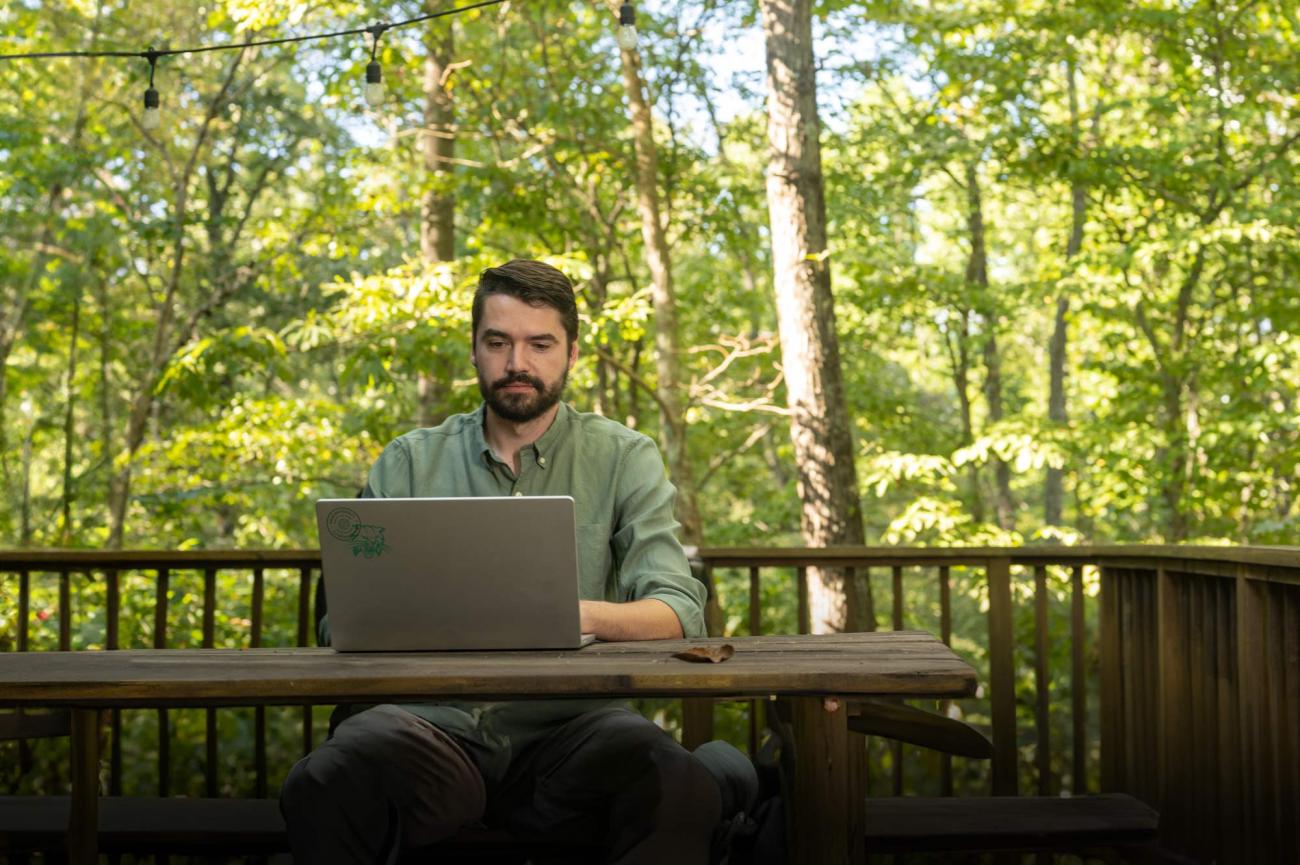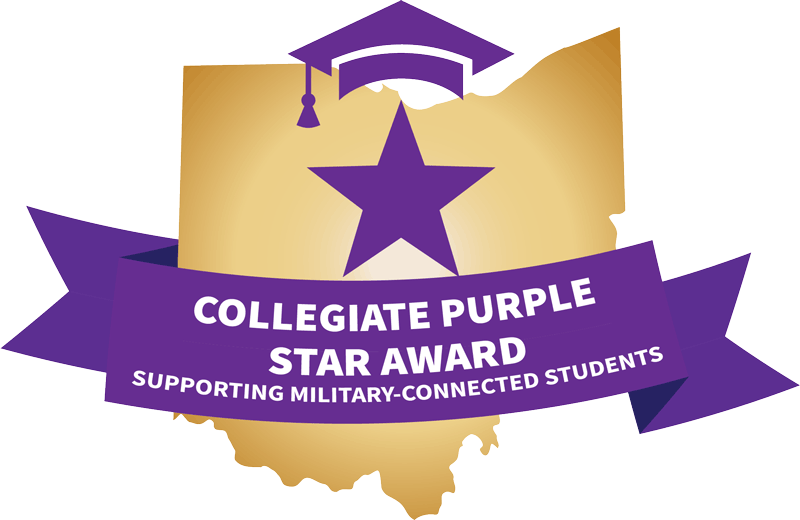
Students examine resiliency as a general concept, critique the concept as a management approach, and focus on concrete applications. Students will discuss concepts of justice and equity in risks to human security, risk management, and communication. Students will gain an understanding of the implications of climate change science for public policy making and hands-on experience in using climate information for preparing a climate change plan.


